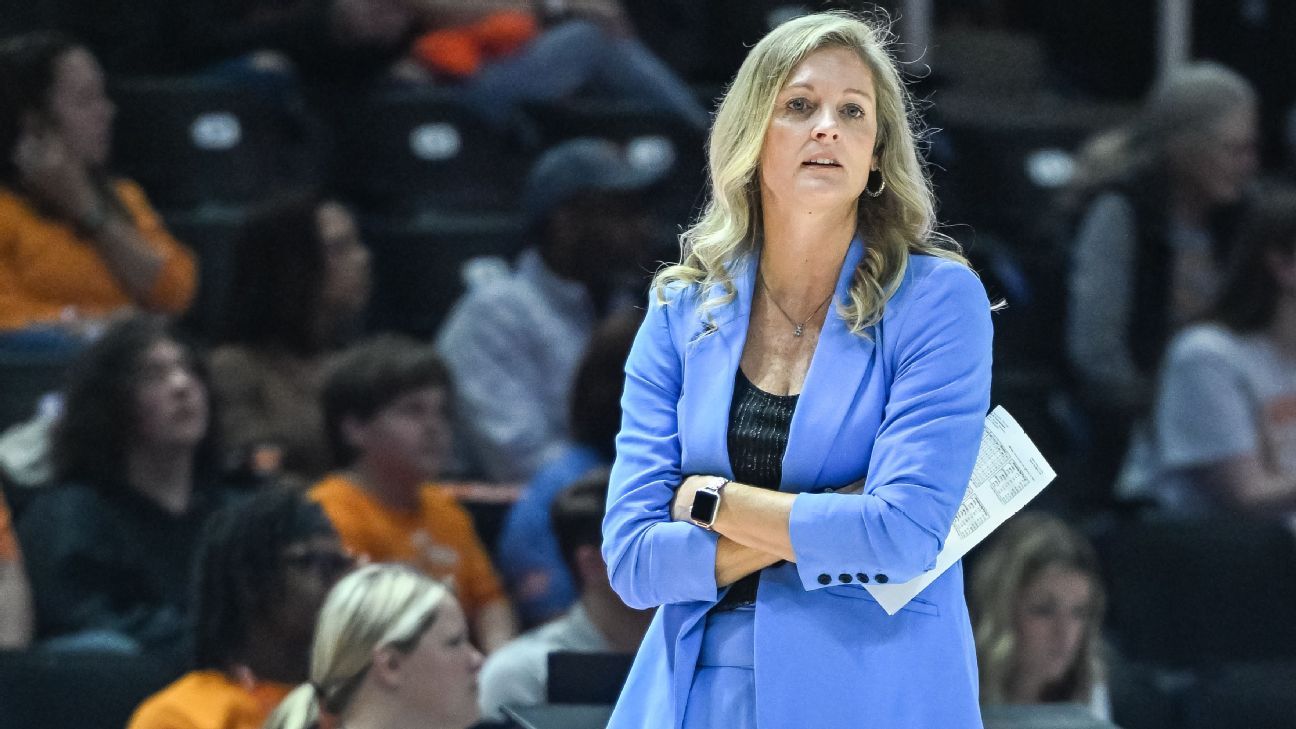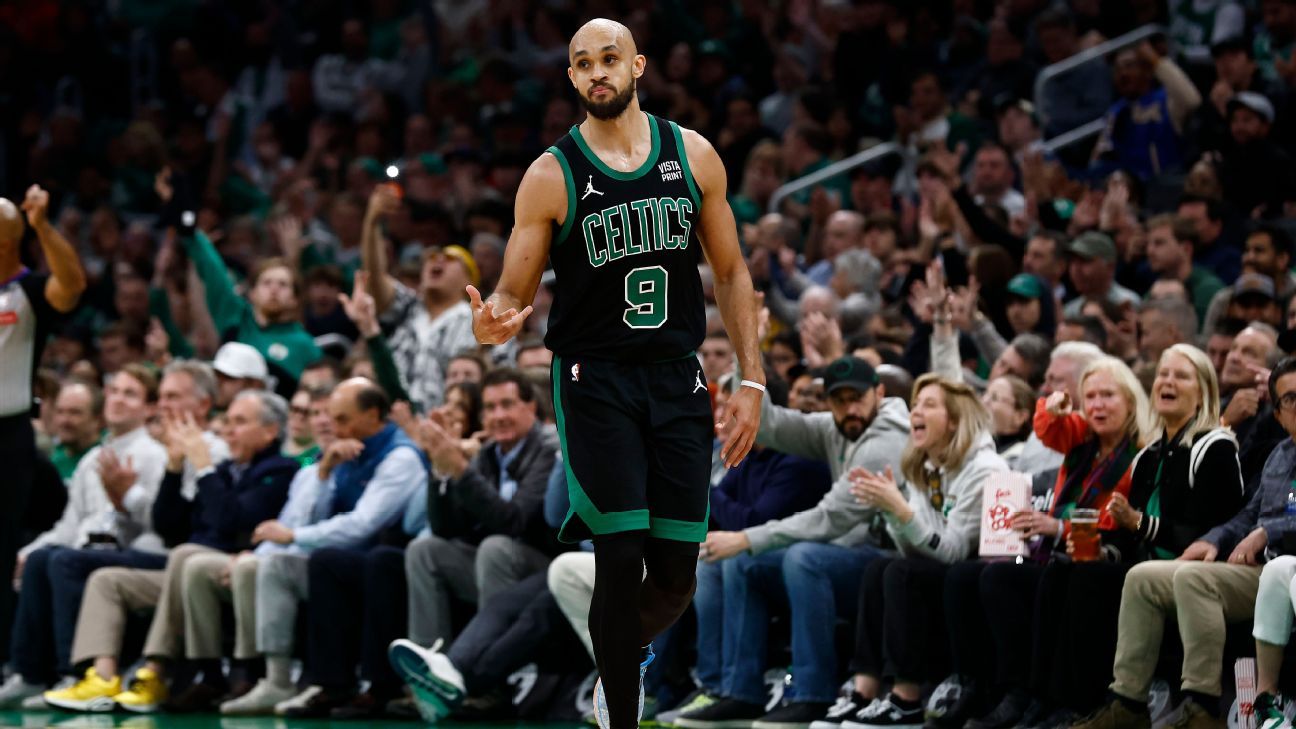The Dismissal of Kellie Harper from Tennessee
On April 8, 2019, the University of Tennessee made a significant announcement when they appointed Kellie Harper as the new head coach of the women’s basketball team. For Harper, an alumna of the university who had secured three national championships as a player, this opportunity seemed almost like fate. The fervor and anticipation among both Harper and the Lady Vols’ loyal followers reached unprecedented heights.
However, fast forward five years and the university has come to the regrettable decision to terminate Harper from her coaching role, a move spurred by her inability to advance past the round of 16 in the NCAA tournament. While Tennessee boasts an impressive eight NCAA championship titles, their absence from the Final Four since 2008 has not gone unnoticed. Furthermore, within the SEC conference, Tennessee finds itself trailing behind both South Carolina and LSU, the respective victors of the previous two national championships.
The Struggles Faced by Kellie Harper
Kellie Harper’s predicament mirrors that of her predecessor, Holly Warlick, who faced the daunting challenge of succeeding the iconic coach Pat Summitt. Harper’s tenure, encompassing a commendable record of taking four different programs to the NCAA tournament, showcases a career milestone of 393 wins and 260 losses over a span of two decades. Nevertheless, the harsh reality remains that sustaining a position no worse than fourth in the conference over five years, while securing two Sweet 16 and two NCAA second-round appearances, is often deemed insufficient to warrant a contract extension in many collegiate sports programs.
Amid the mounting pressure and scrutiny, the incoming head coach of the Lady Vols must recognize the pressing urgency to revive the team’s former glory by propelling them back to the prestigious Final Four stage.
The Vital Role of Recruiting in Tennessee’s Downturn
One crucial area that seemed to impede Kellie Harper’s tenure at Tennessee was the insufficiency in recruiting top-tier talent essential for sustained success. In an era where collegiate recruiting has become increasingly competitive, Tennessee’s inability to capture highly touted prospects, unlike their SEC counterparts South Carolina and LSU, had a detrimental impact on Harper’s coaching tenure.
Despite acquiring standout players such as Rickea Jackson from the transfer portal, who emerged as the team’s leading scorer, Tennessee’s recruitment efforts failed to match the standards set by rival programs. Consequently, the Lady Vols struggled to fortify their roster with the caliber of talent necessary to stay competitive in the modern basketball landscape marked by the incessant churn of the transfer portal.
The Ongoing Search for a New Identity
The dismissal of Kellie Harper has brought to the forefront a pivotal question for the University of Tennessee: should they chart a new course by appointing a head coach untethered to the Lady Vols’ illustrious past, or should they continue the tradition of enlisting individuals with deep ties to the program?
Former Lady Vols standout Kara Lawson, who steered the Duke Blue Devils to the Sweet 16 this season, emerges as a compelling candidate for the vacant coaching position. Yet, the university faces the perplexing dilemma of whether Lawson, embarking on her coaching journey at Duke, harbors the desire and fortitude to embrace the weighty legacy of Pat Summitt at Tennessee.
Ultimately, the decision lies in the hands of Tennessee’s administration, who, through Harper’s dismissal, have unmistakably articulated their lofty expectations for the program’s future.
Image/Photo credit: source url





